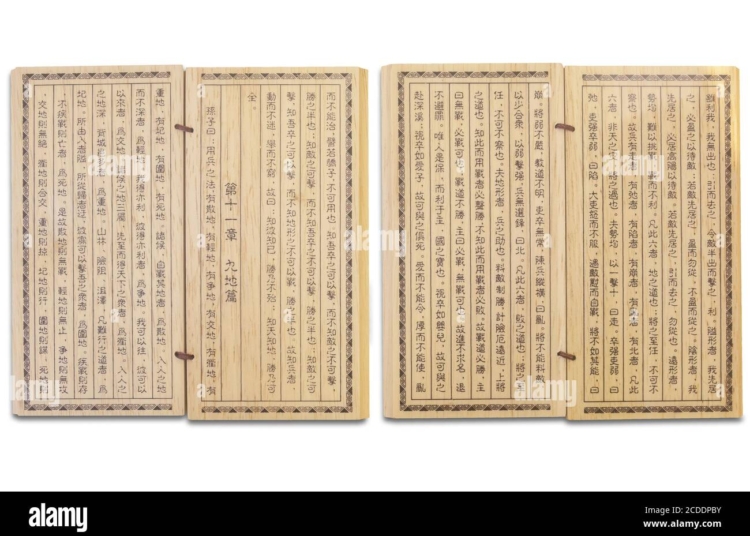Sun Tzu, a Chinese general and philosopher, wrote “The Art of War” in the 6th century BC. This influential text covers military strategy and tactics, emphasizing the importance of intelligence, deception, and adaptability in battle. Sun Tzu’s timeless teachings on knowing the enemy, using deception, and winning without fighting have been applied not only in warfare but also in business and politics. His legacy lives on through the continued study and application of his principles by military leaders, including Napoleon Bonaparte and General MacArthur. “The Art of War” remains a valuable resource for understanding strategy and leadership, making Sun Tzu a revered figure in military history.
Sun Tzu and the Art of War
Sun Tzu was a Chinese general, military strategist, and philosopher who wrote the influential book “The Art of War” during the 6th century BC. This ancient text has since become a foundational work in military theory and is still studied and referenced by military leaders, business executives, and politicians around the world.
Background
Sun Tzu’s exact dates of birth and death are not known, but he is believed to have lived during the Spring and Autumn Period of Chinese history. He was a military general in the state of Wu, and his strategic prowess and philosophical insights earned him a reputation as one of the greatest military minds in Chinese history.
The Art of War
“The Art of War” is a treatise on military strategy and tactics that is divided into 13 chapters. It covers a wide range of topics, including the importance of intelligence, the art of deception, the use of spies, and the significance of terrain in battle. Sun Tzu’s central thesis is that the key to victory lies in careful planning, swift execution, and exploiting the weaknesses of the enemy.
Key Concepts
Some of the key concepts in “The Art of War” include:
- Know Your Enemy: Sun Tzu emphasizes the importance of understanding the strengths and weaknesses of your opponent in order to gain an advantage in battle.
- Deception: Sun Tzu argues that deception is a crucial component of warfare and that appearing weak when you are strong can confound your enemies.
- Adaptability: Sun Tzu stresses the need for flexibility and adaptability in the face of changing circumstances on the battlefield.
- Winning Without Fighting: Sun Tzu advises that the greatest victory is achieved when you can defeat your enemy without having to engage in actual combat.
Legacy
“The Art of War” has had a lasting impact on military strategy and has been studied by military leaders throughout history, including Napoleon Bonaparte and General Douglas MacArthur. In addition to its military applications, the principles outlined in the book have also been adopted in the fields of business, politics, and sports.
Conclusion
Sun Tzu’s “The Art of War” remains a timeless and relevant text on strategy and leadership, offering valuable insights into the art of conflict and conquest. Its lessons on preparation, deception, and adaptability continue to be studied and applied in various fields, making Sun Tzu one of the most enduring figures in military history.












